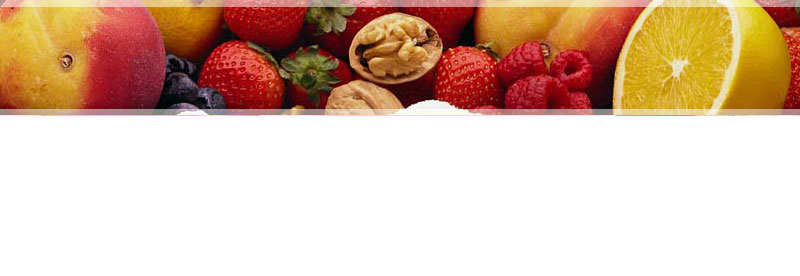Nutrition Questions and Answers
Vital Health Zone is proud to announce Lesa Rusher, who is our resident naturopathic expert and who is available to answer questions about nutrition and health.
Lesa Rusher is a qualified naturopath with a thriving business in Canberra, Australia and has a wealth of experience treating clients on a variety of health issues. Lesa Rusher's full credentials can be found in our experts area.
Lesa Rusher will answer your nutrition-related questions.
Q: I was wondering if it is safe to have no carbohydrates as a way of life?
I have been going no carbs for one week so far and feel wonderful with much more energy. I have pre-diabetes. I also have 68 pounds to lose. So far I have lost 8 pounds.
Advertisement
A: To answer your question in one word - no.
The body has certain requirements of all the macronutrients, carbohydrates, fat, protein and to have no carbohydrates at all, is really unsafe as a long term solution, especially since there are many nutrients (vitamins and minerals) that you could be missing out on by not eating ANY carbohydrates. Multivitamins can only do so much - you also need to be eating the foods that have these essential vitamins and minerals.
It can though, be conducive to helping you lose weight and to kick start your metabolism somewhat, if you drastically reduce your carbohydrates. The ones that you may reduce are the high GI carbohydrates (sugar, cakes, chips, sweets, biscuits, lollies, high GI breads and pastries, as well as all processed foods). Eating too many of these foods does contribute to weight gain and can cause exhaustion of the pancreas (which can then lead to pre-diabetes and then diabetes).
Even while you are on this diet, you should ensure you eat low GI wholegrains, legumes, nuts and seeds and especially plenty of fresh vegetables (especially the leafy green vegetables, which are full of vitamins, minerals and antioxidants) as well as fruits. Try to eat organically as much as possible.
Have a look at the food groups section, to find out how much of each food from each of the food groups you need to eat each day.
Please note that the information provided is for educational purposes only and is not meant to diagnose or treat medical conditions. Consult with your medical physician regarding appropriateness of using supplements in your healing process.
Advertisement
Enjoy better health!


